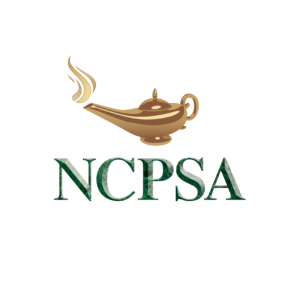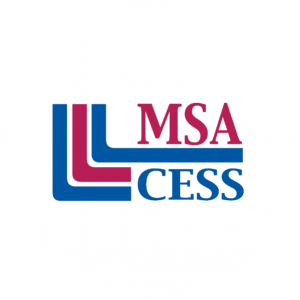By Cassie Espich, Off-Campus Program Advisor
You might have heard about the newest Sesame Street character, Julia, whose television debut this April was timed to coincide with Autism Awareness Month. The new Muppet is a 4-year-old girl with autism spectrum disorder (ASD).
As someone with a background in early childhood special education who has worked with children with autism for several years, and as a mother of a toddler who watches way more Sesame Street than I’d care to admit, the introduction of Julia has brought joy to my heart. In the United States, one in 68 children has an autism diagnosis, and chances are that you either know or will meet someone with autism at some point in your life, as will your children. Although Julia is a new character, many parents have already found that she is helping their children understand others with autism, which is the hope of the character’s creators.
After watching Julia’s inaugural episode and reading more about the development of her character, I started thinking about the students I work with who have an ASD diagnosis, as well as those with dyslexia and ADHD. At Clonlara School, we’re guided by the knowledge that each student is different and learns in a unique way. Our philosophy holds that a school must empower learners to participate purposefully and eagerly in their own education, that learning begins with curiosity, that parents have the right and ability to educate their own children, and that the world is the classroom. This philosophy is applicable and beneficial for every person, regardless of age or ability. Whether your child is 6 years old and needs help developing social skills, 12 years old and struggling with dysgraphia and ADHD, or 18 years old and preparing for the adult world, we understand that learning happens best when there is intrinsic motivation brought on through the pursuit of the individual student’s curiosities, strengths, interests, and talents.
My favorite aspect of Clonlara’s philosophy is that it is broad enough to fit the learning style and goals of each student and family without demanding that they learn in a specific way or have a specific focus. We know how important this can be to our students. With the help of a Clonlara advisor, off-campus families can create an educational path that suits the very specific needs of their child. If a child struggles with autism, dyslexia, ADHD, or another learning disorder, whether diagnosed or suspected, families can ask for resources to help support their child’s strengths and needs, or for help devising a plan for their child’s educational path.
In addition to talking with us, there are many other resources to support students with special needs. Here are a few to help get you started:
- Understanding Special Education: This site includes clear information on special education laws, 504 Plans, Individualized Education Plans (or IEPs), disabilities in general, private schools, parent support, and much more. Although it can be overwhelming because of the amount of information it provides, I find it to be the most helpful site for understanding special education laws and processes.
- College Board Services for Students with Disabilities: Families can use this resource to find out what kind of support is available to their high school students when they take standardized tests.
- ADDitude: This magazine and website provides countless articles, tips, suggestions, and product recommendations, as well as a daily newsletter that is always relevant to the season. I read some great tips for helping students (and adults!) with ADHD over the holiday season.
- Sesame Street and Autism – See Amazing in All Children: Before making her television debut, the character Julia originally appeared in the stories and resources on this website, which was created to provide support for families of young children with autism and those who want to better understand it.
- Positively Autism: This website and monthly newsletter includes trainings, tips, success stories, and more to support students with autism.
- HSLDA – What help is available?: The Home School Legal Defense Association (HSLDA) provides resources for any homeschooling family. Their webpage for struggling learners includes information on a variety of disorders and disabilities.
What resources have helped your family to better understand or find support for your child’s or someone else’s special needs? Please share them with us below.







One Response
I found this article on supporting students with special needs to be insightful and helpful! The emphasis on individualized support and collaboration between parents, educators, and support services is crucial. Thanks for providing this valuable resource for supporting students with special needs!